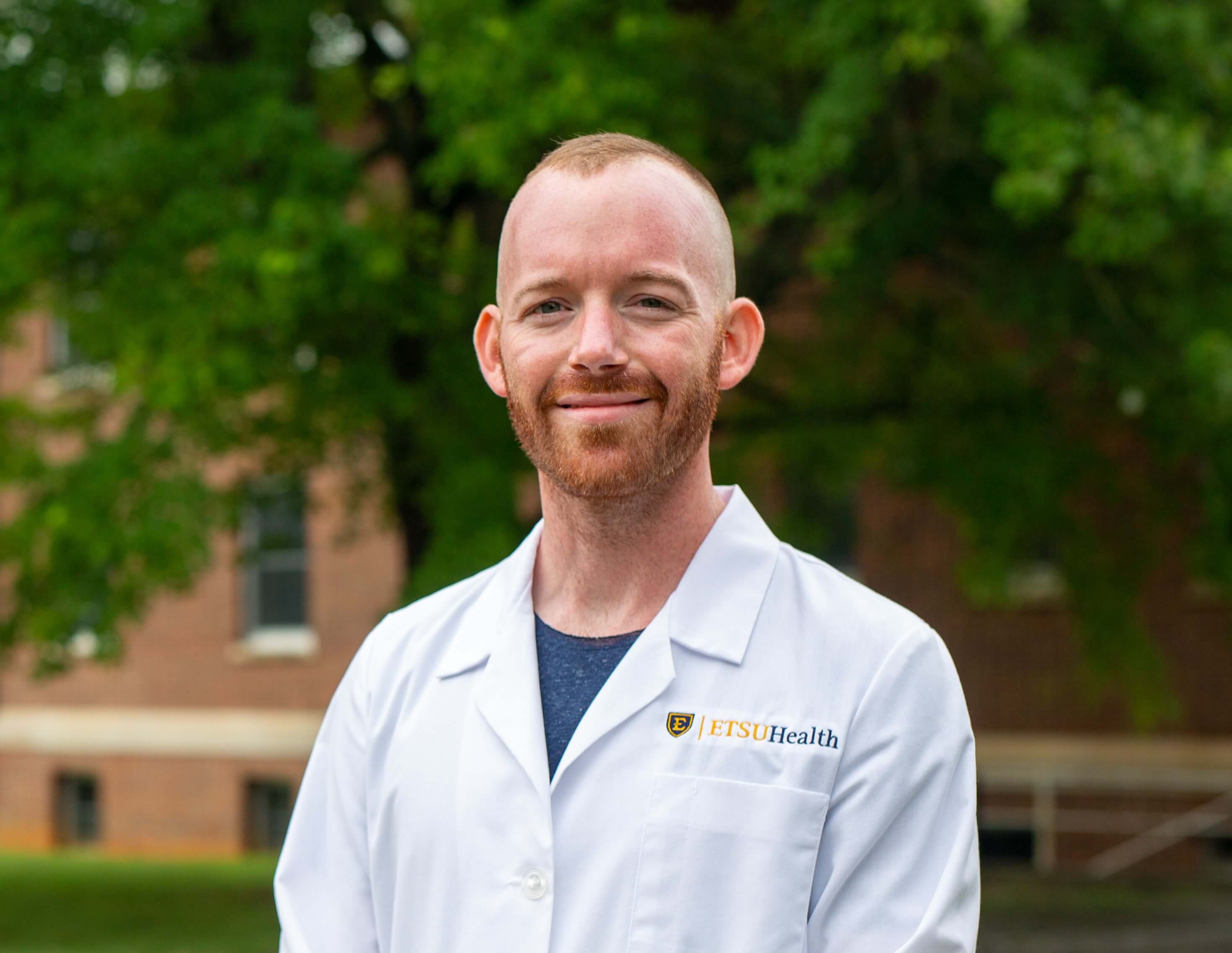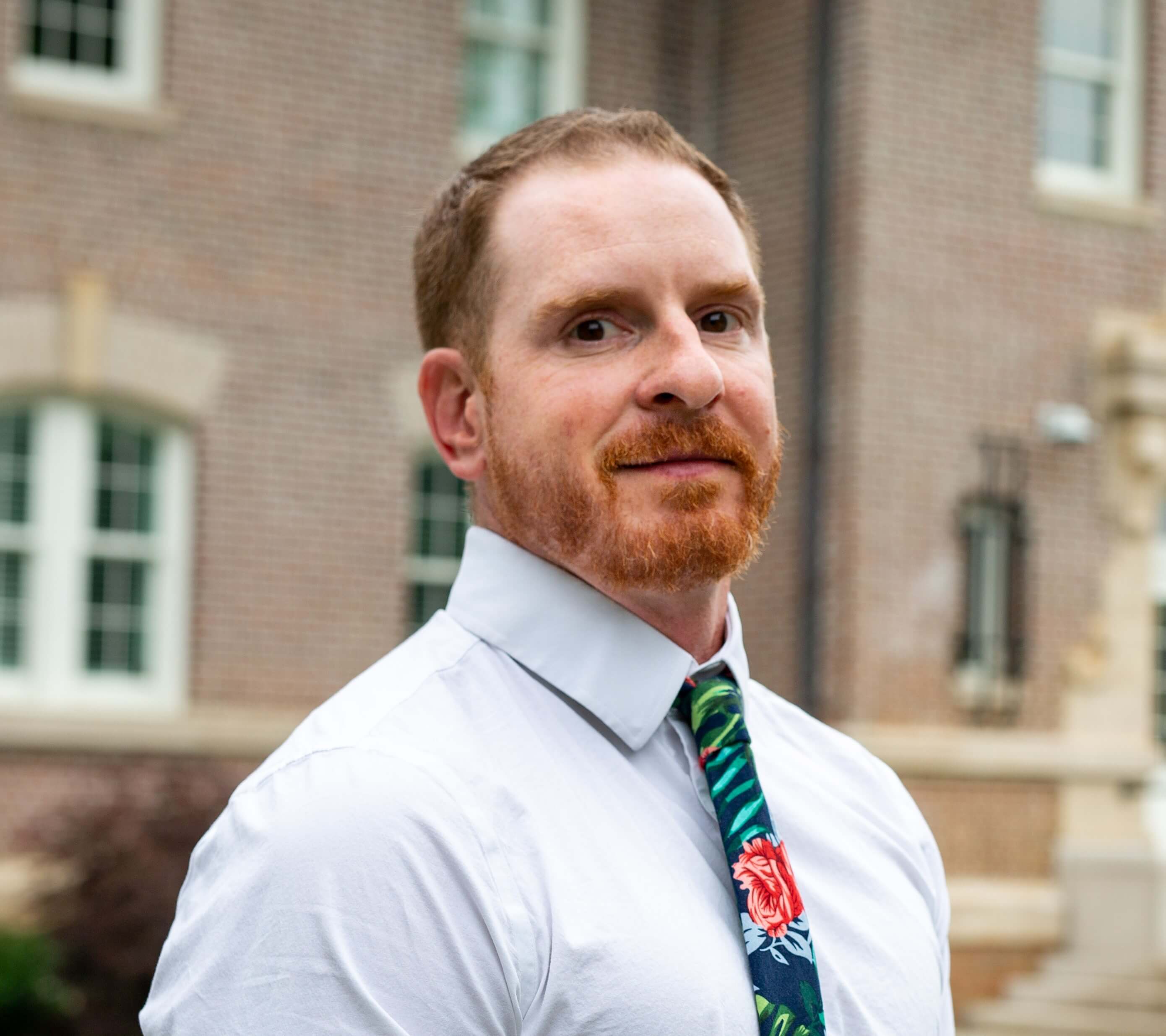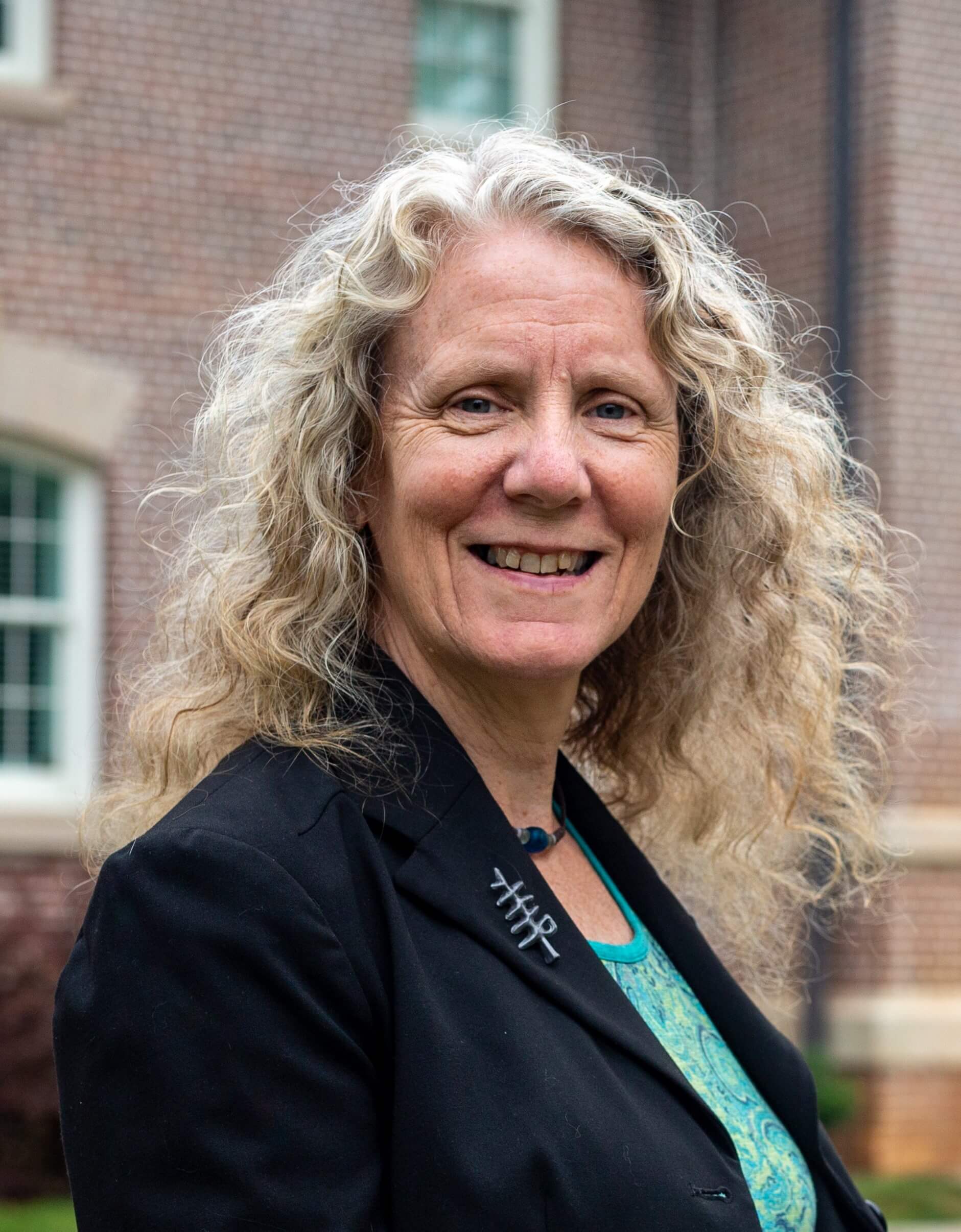Meet the Anatomy Laboratory Manager, Rob Becker

Rob Becker
What is unique and makes your laboratory/program stand out?
Several years ago, the anatomy faculty and staff incorporated a non-traditional embalming approach (Thiel embalming) that provides a much more realistic preservation utilized for teaching a variety of procedural and physical exam skills into the curriculum. As this idea continues to evolve, we are now beginning construction on the center for Surgical Innovation and Teaching (CSIT) lab to provide students with the opportunity of practicing procedures on these “surgical donors” in the third and fourth years of medical school to aid in their knowledge before beginning residency.
What type of simulation activities does your team regularly host?
We offer several opportunities currently with the plan to offer more with the future CSIT lab. Currently, we can simulate anything from airway management and intubation skills to lumbar punctures, ultrasound-guided nerve blocks, laparoscopic and arthroscopic examinations/evaluations, and joint arthrocentesis.
What is one of the most interesting Healthcare Simulation Sessions you have helped host?
Through the many engagements we host for physicians in the community, we have been able to host cardiothoracic surgeons to aid in new surgical techniques and, in conjunction with an outside vendor, have been able to recreate the lungs inflating and the heart pumping during the simulation to provide a more realistic experience.
What unique opportunities are offered for those outside of the college?
Outreach with Girl Scouts, IPE, CME, EMS, high school camps, academic research sharing are some of the many we host.
Meet the Simulation Laboratory Manager, Andy Berry

Andy Berry
What is unique and makes your laboratory/program stand out?
The simulation centers at Quillen College of Medicine are mannequin-based simulation, which uses high fidelity simulators. These simulators are mannequins that physiologically respond to treatment like what would occur in real life patients. The simulated patient can be assessed by the learner, they can initiate treatment with an accurate response, and perform a variety of procedures. This is done in a controlled learning environment that mimics the real-life patient care setting but is safe for the patient and learner. Quillen offers several types of simulation experiences: high fidelity, full-sized mannequins, task trainers, and virtual reality for surgical procedures.
What type of simulation activities does your team regularly host?
Each of the six simulation rooms are flexible spaces that can be manipulated to incorporate a multitude of scenarios. The simulators can create real-life teaching environments that range from outpatient examination rooms to inpatient rooms in areas such as the emergency department, intensive care unit, labor and delivery suite, and an operating theatre.
The simulation lab hosts Quillen College of Medicine students, students from each of ETSU’s health sciences, ETSU residents and many outside agencies within the medical community.
What is one of the most interesting Healthcare Simulation Sessions you have helped host?
The Doctoring II program with second-year medical students is a block of simulated sessions that I always enjoy having the opportunity to help facilitate. These sessions start with skills training and progress to high-fidelity simulations where the students are expected to interview the patient, diagnosis the patient and develop a treatment plan for the patient. My favorite part of the sessions is watching the students learn and improve their practice of medicine. Dr. Amadio is a wonderful instructor who has great interactions with the students in these sessions.
The Pediatric Clerkship is another favorite group of mine. These students are split into small groups and must work through three different vignettes. These vignettes include a high-fidelity case, a standardized patient case and a group of patients on power point. Dr. Brock Blankenship and Dr. Jennifer Gibson facilitate these scenarios and provide an informative debrief and discussion with the students.
What unique opportunities are offered for those outside of the college?
The simulation lab is very fortunate and has been able to work with many outside agencies. These agencies include The Girl Scouts of America local branch, outside EMS agencies with the annual XTLS conference, H.E.A.R.T Med-Trans (formally Wings Air-Rescue), Johnson City Fire Dept., All area high schools, and my personal favorite, Special Operations Pre-Deployment Medical Training.
Meet the Simulation Standardized Patient (SP) Manager, Perry Butler

Perry Butler
What is unique and makes your laboratory/program stand out?
Our standardized patients participate in many different types of activities with different programs and colleges across campus. Besides working closely with the medical & pharmacy schools, we work with many of the health science departments and the College of Nursing. The SPs take on many roles. They ‘become’ the patient with all its many facets. They might have the characteristics of a stroke or a burn victim complete with props and special FX makeup. Being an SP takes a special mix of skills: teaching, acting and a love of working with students.
What type of simulation activities does your team regularly host?
Working with SPs give students a safe place to practice their communication and physical exam skills. A place to make mistakes and learn from them before the students go out into the world as medical professionals. SPs continually work with students, aiding with communication skills like learning how to listen, showing empathy, and counseling with emotional and serious issues. SPs also take part in teaching physical exam skills. A select few go through extra training to learn physical exam skills themselves so they can then assist faculty in teaching these skills to the students.
The simulation lab hosts Quillen College of Medicine students, students from each of ETSU’s health sciences, ETSU residents and many outside agencies within the medical community.
What is one of the most interesting Healthcare Simulation Sessions you have helped host?
The SPs don’t always play patients. Sometimes they are standardized professionals or even standardized pupils. Being challenged when encounters went from on-ground to Zoom sessions prompted new events to be created. One exciting new event we participated in was a telehealth training event for our medical residents. Two SPs worked together – one being the standardized patient and the second a standardized professional. This aided the residents in learning how to reach out to a team member of a different discipline to help with specific patient issues.
What unique opportunities are offered for those outside of the college?
SPs participate in our IPE (Interprofessional Education) programs. These events include students from all across campus. Students from Quillen & GCOP to CON & Public Health. These events group students from different disciplines to work together to help the standardized patients through their medical issues.